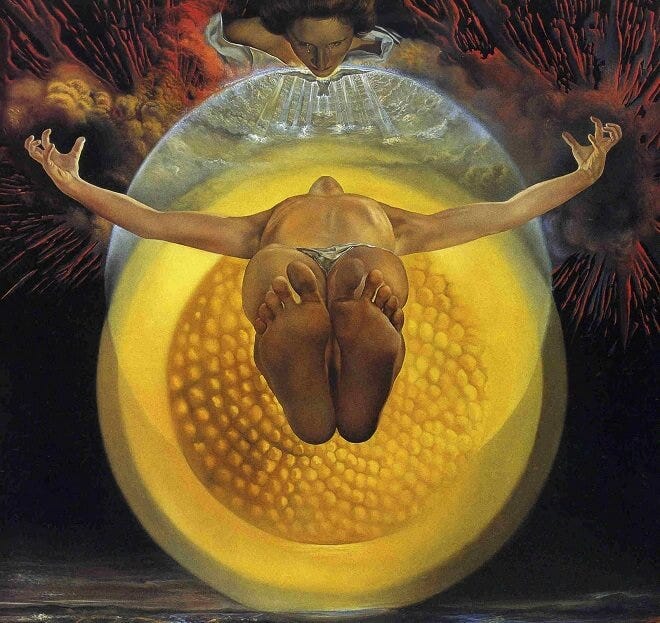From FOR SELF-EXAMINATION (1851)
On doubt and the imitation of Christ.
“It is true that people have doubted the Ascension. Yes, who has doubted? I wonder if any of their lives have borne the marks of ‘imitation’? I wonder if any of them have forsaken all things in order to follow Christ? I wonder if any of them were marked by persecution—and when ‘imitation’ is a given, persecution follows. No, not one of them. But when people abolished ‘imitation’ and in turn rendered persecution an impossibility…it sounded like a tribute to an enlightened century’s matchless advance in tolerance; when they so reduced being Christian that being Christian almost became nothing—and so there was not anything to persecute either: then all sorts of doubts came up.”
Kierkegaard published For Self-Examination in September 1851 amid a flurry of activity. The year before he issued the pseudonymous work Practice in Christianity. In August 1851, he issued a pair of short treatises and, moreover, was finishing up an additional book—namely, Judge for Yourself!, which would ultimately come out posthumously. All of these writings converge on the theme of imitatio Christi, which, for Kierkegaard, is the standard by which Christian existence is measured. In this passage, Kierkegaard argues that modern doubts about various Christian doctrines—for example, Jesus’s glorious ascension into heaven (Acts 1: 1-12)—are not signs of greater scientific understanding or deeper spiritual maturity. Rather, they indicate a rationalized rejection of Christ’s demand to follow his way.


